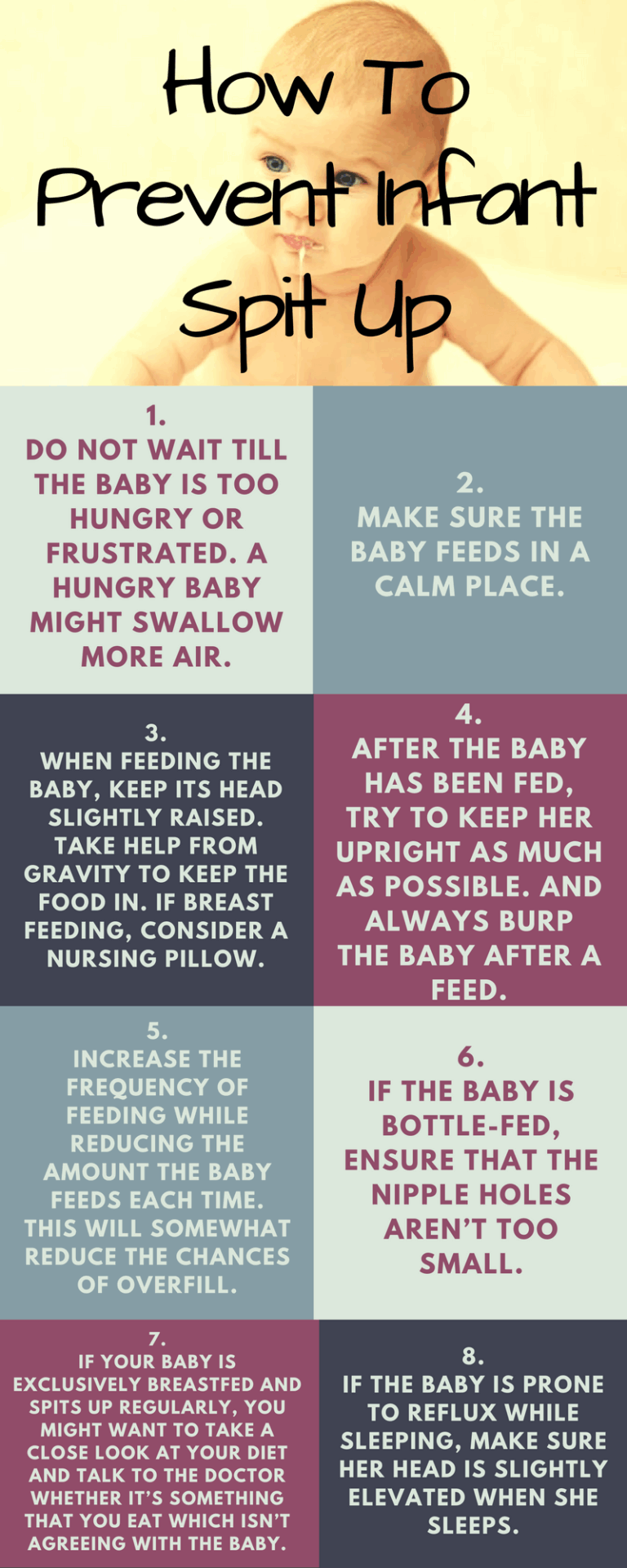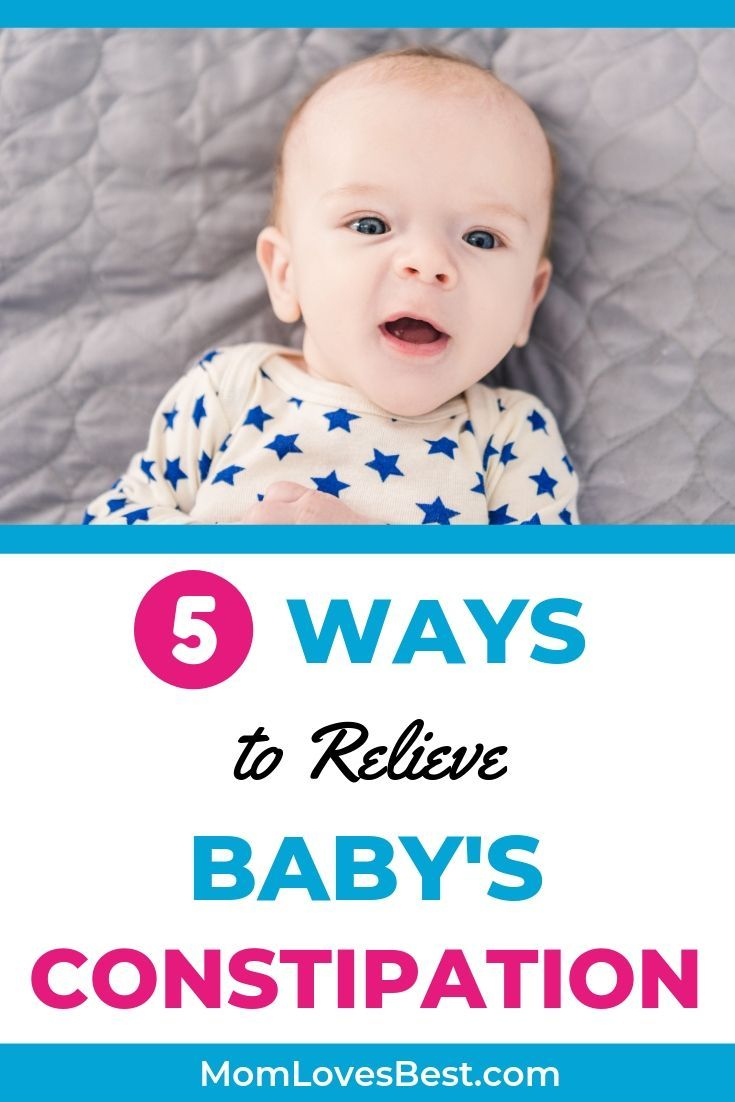Regular Periods But Not Getting Pregnant: Understanding the Causes and Solutions
Trying to conceive can be an exciting yet daunting journey. When regular menstrual cycles occur but pregnancy eludes, it can be a source of frustration and concern. Understanding the underlying factors that may be hindering conception is crucial for addressing the issue effectively.
This article delves into the medical, lifestyle, and emotional aspects that can impact fertility. By exploring the potential causes and available interventions, we aim to empower individuals with the knowledge and support they need to navigate this path.
Lifestyle Factors Affecting Fertility

Your lifestyle can have a big impact on your fertility. Age, weight, diet, smoking, and excessive alcohol consumption can all affect your ability to conceive. Understanding these factors can help you make informed choices to improve your chances of getting pregnant.
Age
As you get older, your fertility naturally declines. This is because the quality and quantity of your eggs decrease with age. The decline is more significant after the age of 35, and it becomes increasingly difficult to conceive after the age of 40.
Weight
Being overweight or underweight can affect your fertility. Being overweight can disrupt your menstrual cycle and make it more difficult to ovulate. Being underweight can also lead to irregular periods and make it harder to conceive.
Diet
A healthy diet is important for overall health and well-being, including fertility. Eating plenty of fruits, vegetables, and whole grains can help to improve your fertility. Certain nutrients, such as folic acid, iron, and zinc, are particularly important for reproductive health.
Smoking
Smoking cigarettes can damage your eggs and sperm, and it can also make it more difficult to conceive. Smoking can also increase your risk of miscarriage and premature birth.
Excessive Alcohol Consumption
Drinking too much alcohol can also affect your fertility. Excessive alcohol consumption can disrupt your menstrual cycle and make it more difficult to ovulate. It can also damage your eggs and sperm.
Ovulation Disorders
Ovulation is the process of releasing an egg from the ovary. It usually occurs around day 14 of the menstrual cycle. If ovulation does not occur, it can make it difficult to get pregnant.
There are a number of different ovulation disorders that can affect pregnancy. Two of the most common are anovulation and polycystic ovary syndrome (PCOS).
Anovulation
Anovulation is the absence of ovulation. It can be caused by a number of factors, including:
- Hormonal imbalances
- Stress
- Weight loss or gain
- Certain medications
Polycystic Ovary Syndrome (PCOS)
PCOS is a hormonal disorder that affects women of reproductive age. It is characterized by the presence of cysts on the ovaries, irregular periods, and difficulty getting pregnant. PCOS is one of the most common causes of infertility in women.
Emotional and Psychological Factors
Infertility can have a profound emotional and psychological impact on individuals and couples. The journey of trying to conceive can be fraught with stress, anxiety, and depression.
Stress and Anxiety
Stress and anxiety can negatively affect fertility by disrupting hormonal balance and ovulation. Chronic stress can lead to elevated levels of cortisol, which can interfere with the production of reproductive hormones. Anxiety can also lead to muscle tension and impaired blood flow to the reproductive organs, further hindering conception.
Depression
Depression is a serious mental health condition that can significantly impact fertility. Individuals experiencing depression may have decreased libido, impaired sexual function, and difficulty concentrating on conceiving. Moreover, the medications used to treat depression can also affect fertility.
Coping Mechanisms
It’s crucial for individuals and couples facing infertility to develop healthy coping mechanisms to manage the emotional and psychological challenges. These may include:
- Seeking professional help from a therapist or counselor
- Joining support groups or connecting with others going through similar experiences
- Engaging in stress-reducing activities such as yoga, meditation, or exercise
- Prioritizing self-care and maintaining a healthy lifestyle
- Communicating openly and honestly with each other about feelings and concerns
Alternative Therapies and Support
Alternative therapies have gained popularity as complementary approaches to support fertility. These therapies aim to enhance overall well-being, reduce stress, and promote hormonal balance, which may indirectly impact fertility.
Acupuncture, a traditional Chinese medicine practice, involves inserting thin needles into specific points on the body. It’s believed to stimulate blood flow, regulate hormones, and reduce inflammation, potentially improving fertility. Yoga, with its focus on stretching, breathing exercises, and meditation, promotes relaxation and stress reduction. This can help regulate the menstrual cycle and improve egg quality.
Herbal remedies, such as maca root and chasteberry, are often used to support fertility. Maca root is believed to balance hormones, while chasteberry may help regulate the menstrual cycle and reduce prolactin levels. It’s important to note that these therapies have varying levels of scientific evidence and should be discussed with a healthcare professional before use.
Acupuncture
Acupuncture has been used for centuries to treat various health conditions, including infertility. It’s believed that by stimulating specific points on the body, acupuncture can promote blood flow, regulate hormones, and reduce inflammation. Some studies suggest that acupuncture may improve fertility outcomes in women undergoing IVF, although more research is needed.
Yoga
Yoga is a mind-body practice that combines stretching, breathing exercises, and meditation. It’s believed that yoga can help reduce stress, improve circulation, and promote relaxation. These effects may indirectly benefit fertility by regulating the menstrual cycle and improving egg quality.
Herbal Remedies
Herbal remedies have been used for centuries to support fertility. Some herbs, such as maca root and chasteberry, are believed to have hormonal balancing effects. Maca root is traditionally used to improve fertility in both men and women, while chasteberry is believed to help regulate the menstrual cycle and reduce prolactin levels. It’s important to note that the effectiveness and safety of herbal remedies can vary, and it’s always best to consult with a healthcare professional before using them.
Q&A
Can stress impact fertility?
Yes, chronic stress can affect hormone levels and ovulation, potentially hindering conception.
How does age affect fertility?
Fertility naturally declines with age, particularly after 35, due to reduced egg quality and quantity.
What is polycystic ovary syndrome (PCOS)?
PCOS is a hormonal disorder that can cause irregular periods, ovulation problems, and difficulty conceiving.
Can acupuncture improve fertility?
While evidence is limited, some studies suggest that acupuncture may support fertility by regulating hormone levels and reducing stress.
What is the success rate of IVF?
The success rate of IVF varies depending on factors such as age, egg quality, and underlying fertility issues, but generally ranges from 30-40% per cycle.





